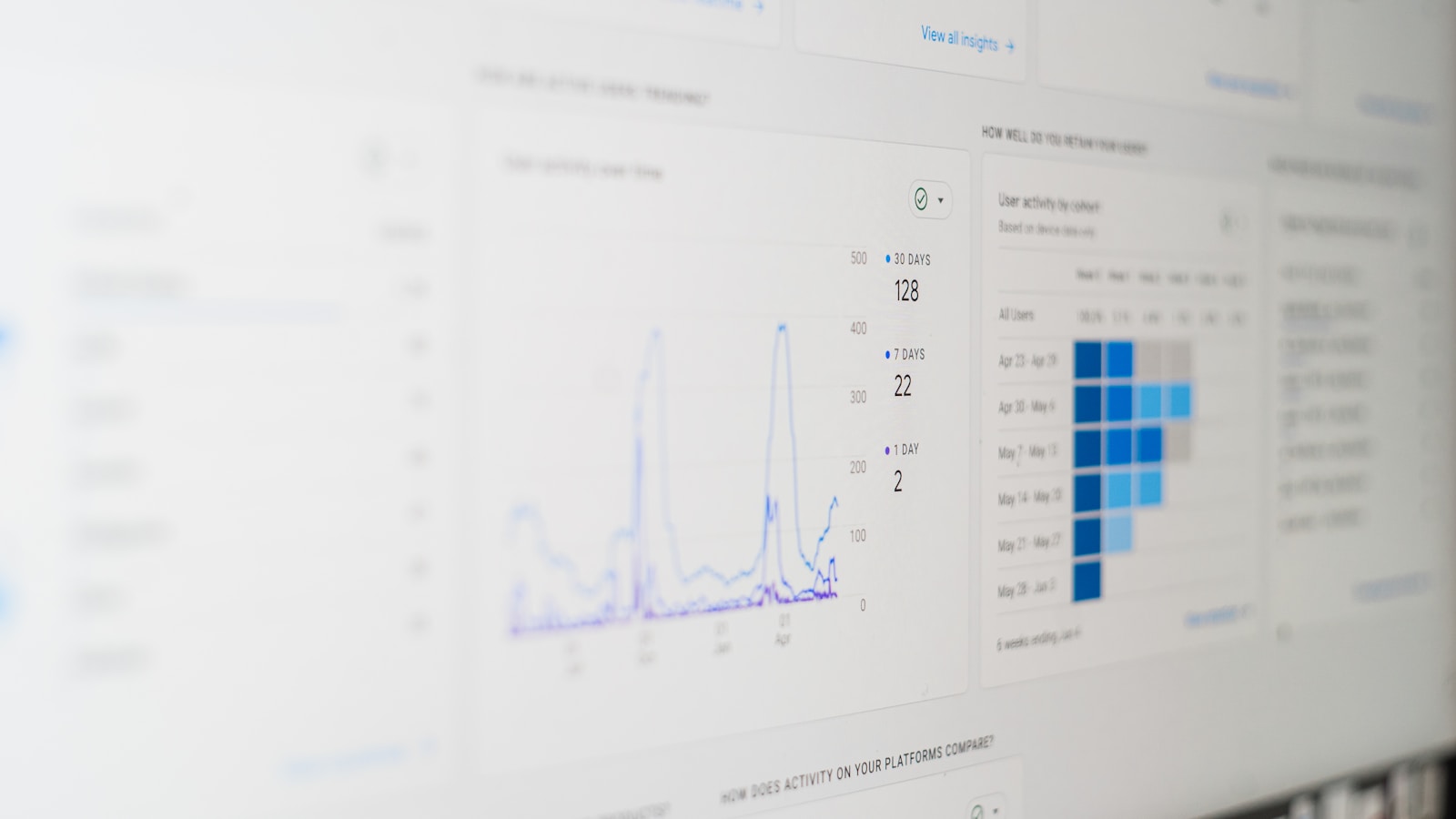AI, or artificial intelligence, has revolutionized the field of robotics, redefining the way machines interact with the world around them. Automation, once limited to repetitive tasks on factory floors, has now evolved into sophisticated robotics that can learn, adapt, and make decisions on their own. The future of robotics is being shaped by AI, with advancements in nano tech pushing the boundaries of what these machines can achieve.
One of the key aspects of AI in robotics is its ability to enhance automation. Traditional robots were programmed to perform specific tasks in a controlled environment. However, with the integration of AI, robots can now analyze data, learn from experience, and improve their performance over time. This level of autonomy is transforming industries such as manufacturing, healthcare, and transportation, where robots are now capable of complex operations with minimal human intervention.
The synergy between AI and robotics is paving the way for innovative solutions in various fields. In healthcare, robotic surgery is becoming more precise and efficient, reducing the margin of error and improving patient outcomes. In agriculture, autonomous drones equipped with AI can monitor crop health, optimize irrigation, and even assist in harvesting. The possibilities are endless, as AI-powered robotics continue to push the boundaries of what is possible.
The future of robotics is also being shaped by advancements in nano tech. Nanotechnology, the manipulation of matter on an atomic and molecular scale, is enabling the development of robots that are smaller, faster, and more versatile than ever before. Nanobots, tiny robots that can navigate the human body to deliver targeted treatments, are just one example of how nano tech is revolutionizing the field of robotics.
As AI, automation, and nano tech continue to converge, the potential for robotics is limitless. From self-driving cars to robotic companions for the elderly, the applications of AI-powered robots are expanding rapidly. However, with these advancements come ethical considerations, such as the impact on the workforce and the potential for misuse of technology. It is crucial for policymakers, researchers, and industry leaders to collaborate and establish guidelines that ensure the responsible development and deployment of AI-powered robotics.
In conclusion, AI has redefined robotics, unlocking new possibilities and pushing the boundaries of what machines can achieve. Automation, powered by AI, is transforming industries and revolutionizing the way we interact with technology. The future of robotics is bright, with advancements in nano tech fueling innovation and creating new opportunities for growth. As we navigate this new era of AI-powered robotics, it is important to consider the ethical implications and work towards a future where technology enhances our lives in a responsible and sustainable manner.






Leave a Reply